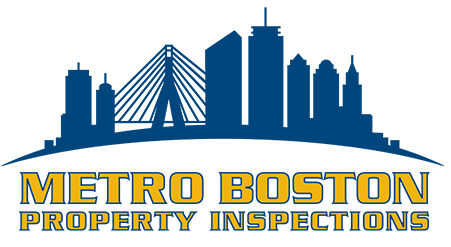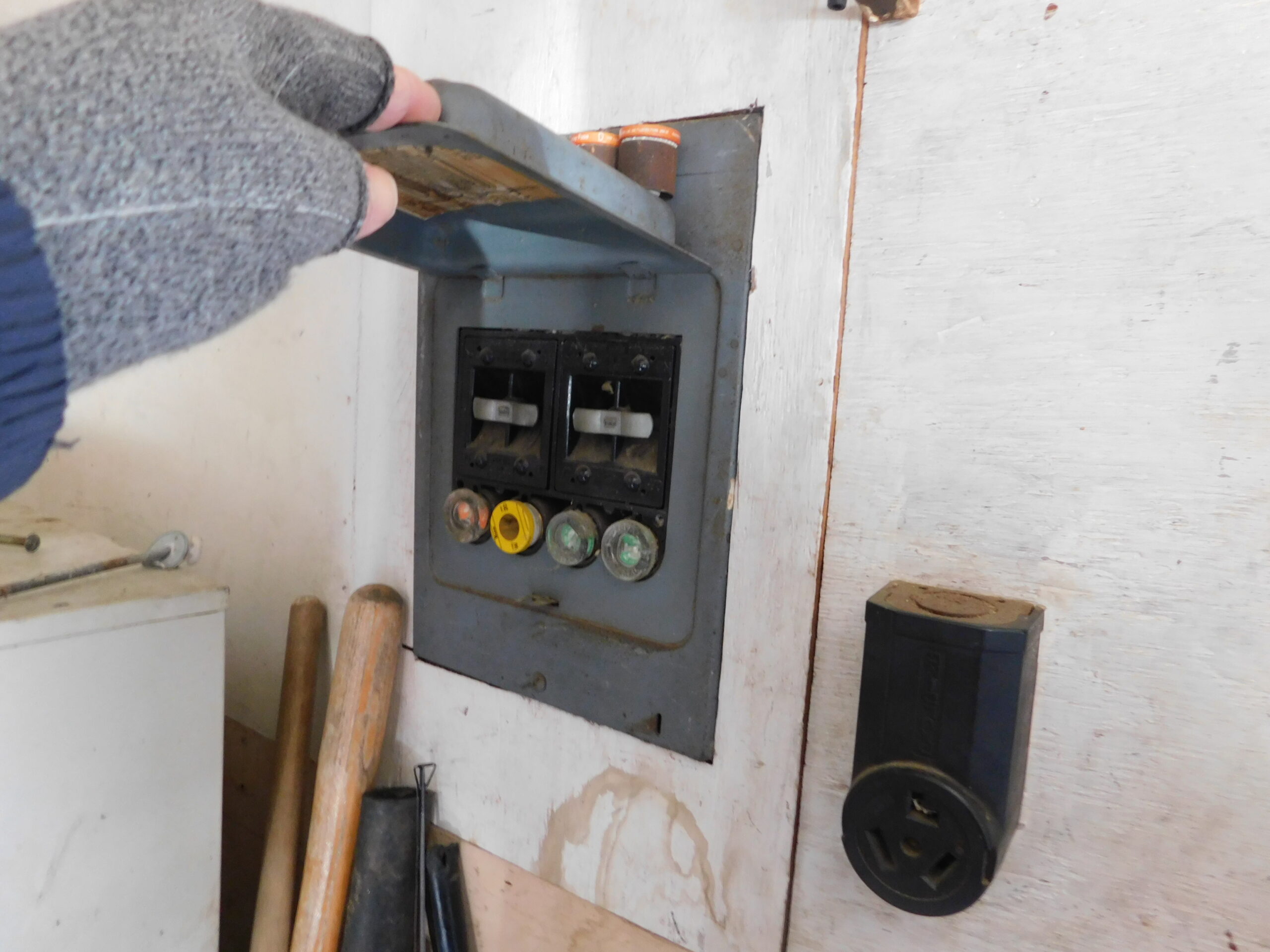During a home inspection, several common electrical issues may be identified. These issues can range from minor concerns to potentially hazardous problems that require immediate attention. The inspectors at Metro Boston Property Inspections can identify many hidden electrical conditions that may impact your home ownership. Some of the most typical electrical issues found during a home inspection include:
- Faulty wiring: This includes outdated or improperly installed wiring that can cause electrical shorts, sparks, or even fire hazards. Common examples include knob-and-tube wiring or aluminum wiring, which may be found in older homes. If not appropriately connected, aluminum connected to copper wiring can create a fire risk due to different expansion rates.
- Overloaded circuits: When there are too many appliances or devices drawing power from a single circuit, it can lead to overheating and potential fire hazards.
- Improperly wired or damaged outlets and switches: Worn-out or broken outlets and switches can pose both safety and functionality risks.
- Lack of GFCI (Ground Fault Circuit Interrupter) protection: GFCI outlets are required in certain areas of the home, such as bathrooms, kitchens, and outdoor spaces, to protect against electric shocks. Older homes may have ungrounded outlets, which can be a safety concern, especially for electronic devices. Homes with a lot of DYI projects may have outlets with reverse polarity.
- Inadequate electrical service: Insufficient electrical capacity to meet the demands of modern appliances and electronics may result in tripped breakers and overloaded circuits. For 1-4 dwellings the expectation is at least 100 AMP service.
- Improper electrical panels: Panels may have improper clearance, be missing screws, missing knockouts, or twist outs, may be oxidized, or be outdated. Double tapping in the electrical panel occurs when the wires for 2 circuits are connected to a single circuit breaker meant for a single wire. Fuse panels are outdated and may not be able too be insured. Panels that are not installed correctly or have safety issues. can be hazardous.
- Open junction boxes: Exposed wires in junction boxes can be dangerous and are not up to code.
- Lack of smoke detectors and carbon monoxide detectors: These life-saving devices are crucial for early detection of potential hazards.
- Inadequate outdoor electrical systems: Issues such as poorly installed exterior lighting or non-weatherproof outlets can lead to damage and safety concerns.
- Poorly done DIY electrical work: Improperly executed DIY electrical projects can pose significant hazards and might not adhere to building codes.
- Lack of surge protection: Homes without proper surge protection may experience damage to sensitive electronic devices during power surges.
It’s essential to address these and any other electrical issues promptly to ensure the safety and functionality of the electrical system in the home. If you’re buying a house, a thorough home inspection should help identify these problems, allowing you to negotiate repairs or take the necessary actions to rectify them.






